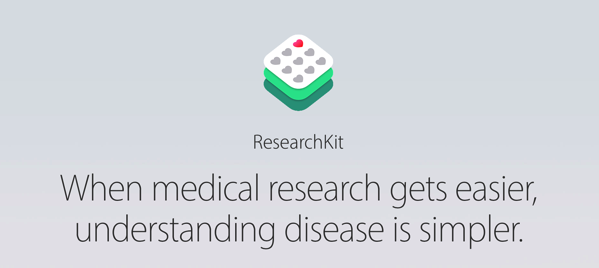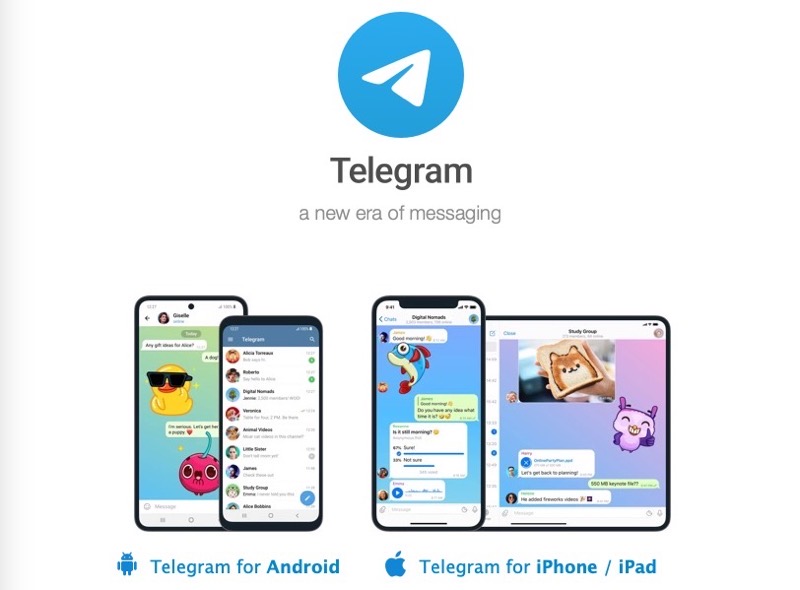
Health Data Collected Through Apple’s ResearchKit Is Fairly Accurate, Study Claims
Health data generated using Apple’s ResearchKit platform and an app for asthma was fairly reliable when compared to existing patient studies, claims a study published today in the journal Nature Biotechnology. But such studies have their own limitations, too (via The Verge).

Researchers from Mount Sinai Hospital turned to Apple’s ResearchKit platform, launched in 2015, and, as advertised by the iPhone maker, were able to sign up a significant number of participants to conduct the study. The asthma app was downloaded by nearly 50,000 iPhone users, of whom about 7,600 enrolled in the six-month study. They also needed to complete a consent form to do that.
During the study, users took surveys on how they treated their asthma, and the app provided information about their location and the air quality.
But the study also shed some light on the shortcomings of such platforms and conducting smartphone-based studies. While Apple’s ResearchKit solves the problem of quickly getting access to patients over a wide geographic and age range, it also introduces new problems. First, researchers have to deal with low retention rate. Of the total participants, only 30% completed more than one survey during the six months, which means the others generated incomplete information.
The other problem is that ResearchKit is limited to iOS users, and since Android is the most popular mobile platform, participants joining the study may not be representative of the general population.
Others have also pointed out that ResearchKit can run into ethical issues in terms of data security and making sure people understand all of the risks involved in volunteering their information.

